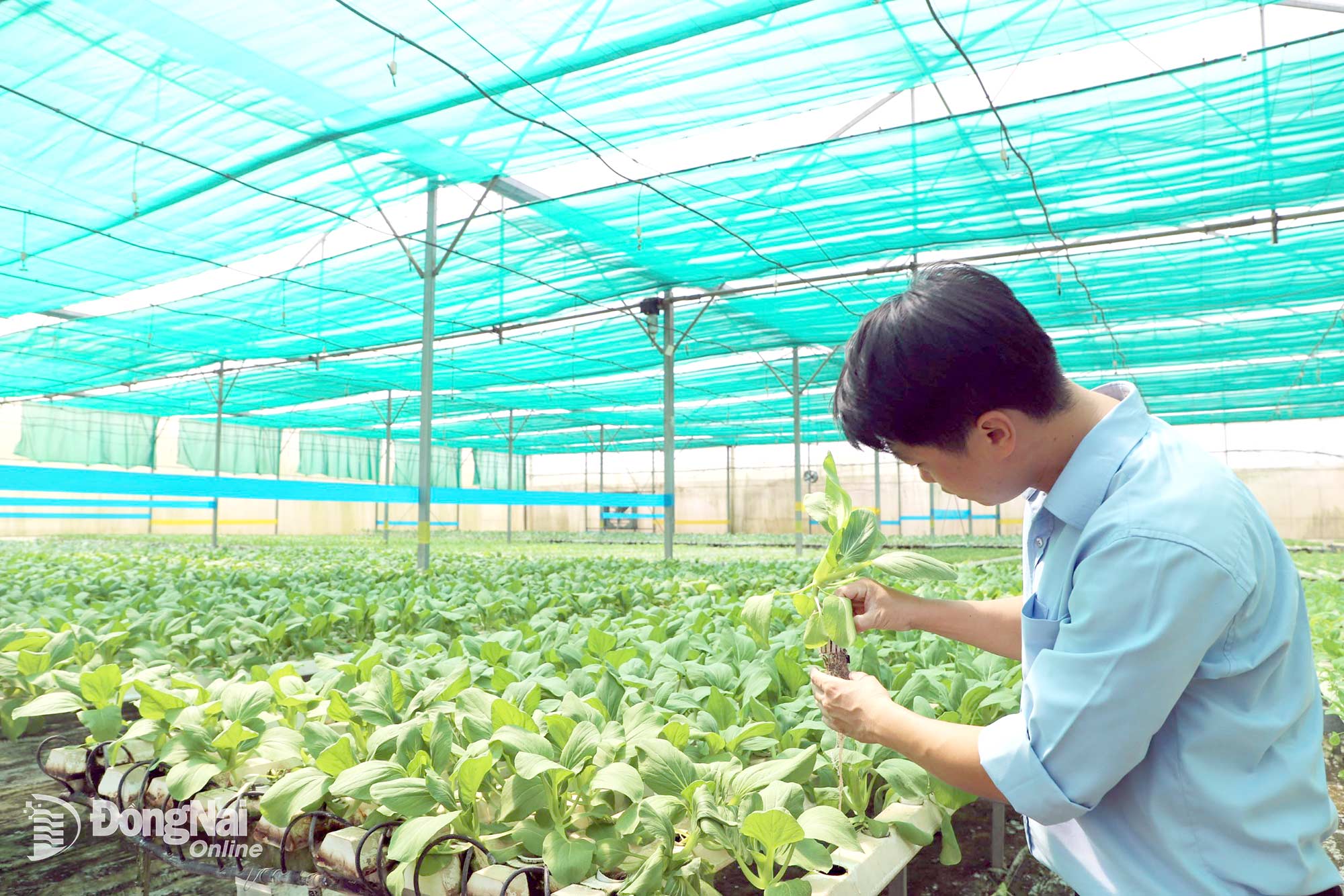 |
| High-tech application model of hydroponic vegetable growing in greenhouses of Viet Rau Joint Stock Company. |
Dong Nai has a large agricultural land fund, with many advantages to attract enterprises to invest in agriculture, especially high-tech agriculture, including vegetable production. Many enterprises and cooperatives in the province have exported good vegetables and spices to demanding markets.
Exporting vegetables to demanding markets
Currently, on average, each year, Viet Rau Joint Stock Company (Phuoc Thai commune) exports about 5 thousand tons of leafy vegetables, fruit vegetables, spices, etc. To produce vegetable products that meet export standards to the Swiss market, very high standards are required from the production process to preliminary processing and packaging. In particular, before being exported, vegetable products must be tested for 581 active ingredients of plant protection drugs and other chemical active ingredients according to European safety standards.
Ms. Luong Thi My Phuong, manager of the export vegetable packaging factory of Viet Rau Joint Stock Company, said: Vegetables produced at the company have achieved GlobalGAP certification and have been given a growing area code for export to the European market. In addition, after being harvested, vegetables brought to the packaging factory must also be cleaned and have uniform sizes. With this process, exported vegetables must meet green, clean, and beautiful standards. Thanks to the application of high technology in production as well as in the preliminary processing and packaging process, leafy vegetables can be kept green for up to 10 days.
Tan Yen Vegetable Cooperative (Gia Kiem Commune) is a pioneer in the new cooperative model, producing and trading effectively thanks to the early establishment of a safe vegetable growing process, building a chain of links from production to consumption, thus attracting many members to participate. Over the years, the cooperative has successfully exported vegetables to demanding markets such as the Middle East and the United States. The main vegetables and fruits of this cooperative include jute, sweet potato, okra, papaya, cassava leaves, etc. These are plants that are easy to grow, easy to care for, and have few pests and diseases. The cooperative also invests in growing cassava to harvest both tubers and leaves for the export market. The effectiveness of this model is that farmers can harvest both leaves and tubers, so they achieve higher profits than the traditional method. In particular, with the cassava growing model specializing in leaf harvesting, farmers can plant once and harvest for many years with leaf yield in the following years being much higher than the first crop.
Long Phuoc Bonsai Seedling Cooperative (Long Thanh Commune) invests in growing and exporting the spice product of chili peppers. The chili export farm of this cooperative is certified organic. The cooperative's fresh chili products have been exported to markets such as Germany, France, Canada, etc. Although chili peppers are a popular agricultural product, they are often sold at high prices because they are consumed well in both domestic and export markets. The reason is that this crop is more susceptible to diseases than many other vegetables and spices, so many farmers are not interested in investing.
Building raw material export zones
The demand for clean vegetables is increasing rapidly in both domestic and export markets. Many vegetable exporting enterprises and cooperatives are making efforts to expand their areas and build raw material areas to exploit the export market which is still very potential.
In particular, pure Vietnamese vegetable varieties produced by reputable domestic vegetable seed companies are being favored by foreign markets. Among them, many Vietnamese specialty spices such as: betel leaves, wormwood, water spinach, green mustard, eggplant, coriander, etc. are being exported well.
With the desire to promote the export of Vietnamese spices to the world market, Director of Long Phuoc Bonsai Seedling Cooperative Vo Tri Quang Nguyen shared: Chili pepper is a popular product so the export market potential is still very large. This is a short-term crop so farmers invest quickly for harvest, can do many crops a year so it brings high economic efficiency.
To meet good export standards to demanding markets, Long Phuoc Bonsai Seedling Cooperative has built an organic chili growing model, applying solutions using natural enemies in pest control. Around the chili growing area, the Cooperative creates a buffer zone to grow medicinal herbs that attract natural enemies to live, contributing to repelling harmful insects and pests. In addition, after each harvest, the chili growing area is always carefully treated to kill all sources of pests. The supply is not enough to meet the demand, so the Cooperative is expanding its links with many farmers and other partners to build raw material areas for chili and other spices to supply the export market. The Cooperative is ready to transfer production processes and provide technical guidance to farmers and farms cooperating with the unit.
In addition, Dong Nai also has the advantage of attracting businesses to invest in the field of vegetable and fruit varieties production.
Enterprises and cooperatives growing vegetables for export in Dong Nai province are not only a model that brings high economic efficiency but also creates many jobs for workers, especially the elderly in the localities. The agricultural sector as well as the local authorities where enterprises and cooperatives operate always create favorable conditions for them to develop production.
Mr. Nguyen Dinh Than, Production Director of Trang Viet Agricultural Development Company Limited (Xuan Duong Commune) said: The company produces a variety of seed varieties such as bitter melon, pumpkin, cucumber, squash, watermelon... to supply the domestic market and export to many countries around the world. Dong Nai Province has many advantages for the company to invest in specialized seed production areas on a large scale. Currently, the company has cooperated with farmers in Dak Lua Commune to expand the seed production area to dozens of hectares. The company plans to continue expanding cooperation with farmers in many localities of the province to expand the area of seed seedlings.
Binh Nguyen
Source: https://baodongnai.com.vn/dong-nai-cuoi-tuan/202509/trong-rau-xuat-khau-di-thi-truong-kho-tinh-6ed0f8e/


![[Photo] General Secretary To Lam attends the ceremony to celebrate the 80th anniversary of the post and telecommunications sector and the 66th anniversary of the science and technology sector.](https://vphoto.vietnam.vn/thumb/1200x675/vietnam/resource/IMAGE/2025/9/29/8e86b39b8fe44121a2b14a031f4cef46)

![[Photo] National Assembly Chairman Tran Thanh Man chairs the 8th Conference of full-time National Assembly deputies](https://vphoto.vietnam.vn/thumb/1200x675/vietnam/resource/IMAGE/2025/9/29/2c21459bc38d44ffaacd679ab9a0477c)
![[Photo] Many streets in Hanoi were flooded due to the effects of storm Bualoi](https://vphoto.vietnam.vn/thumb/1200x675/vietnam/resource/IMAGE/2025/9/29/18b658aa0fa2495c927ade4bbe0096df)

![[Photo] General Secretary To Lam receives US Ambassador to Vietnam Marc Knapper](https://vphoto.vietnam.vn/thumb/1200x675/vietnam/resource/IMAGE/2025/9/29/c8fd0761aa184da7814aee57d87c49b3)



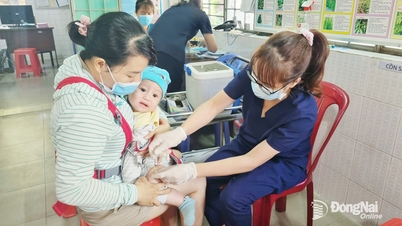
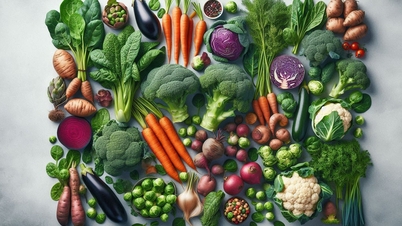



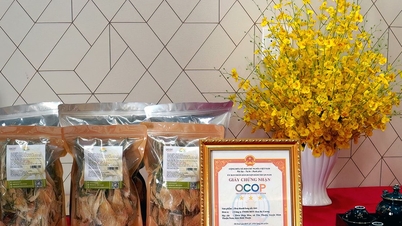



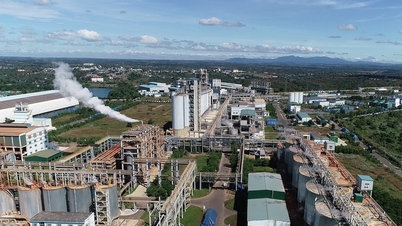











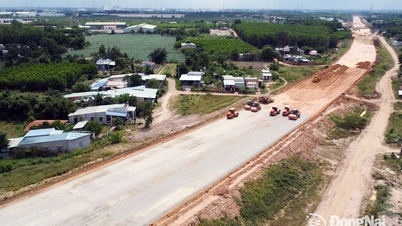

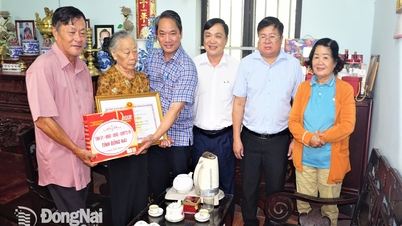















































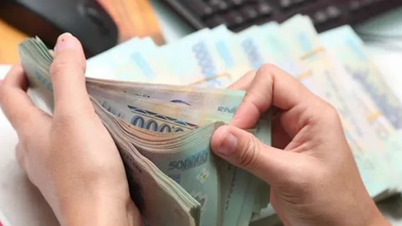
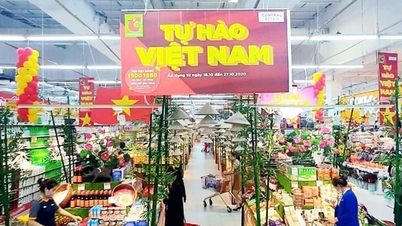


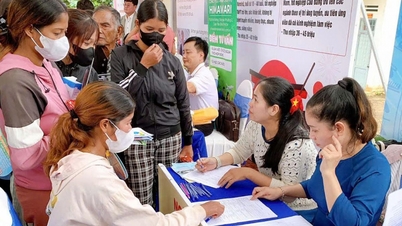















Comment (0)